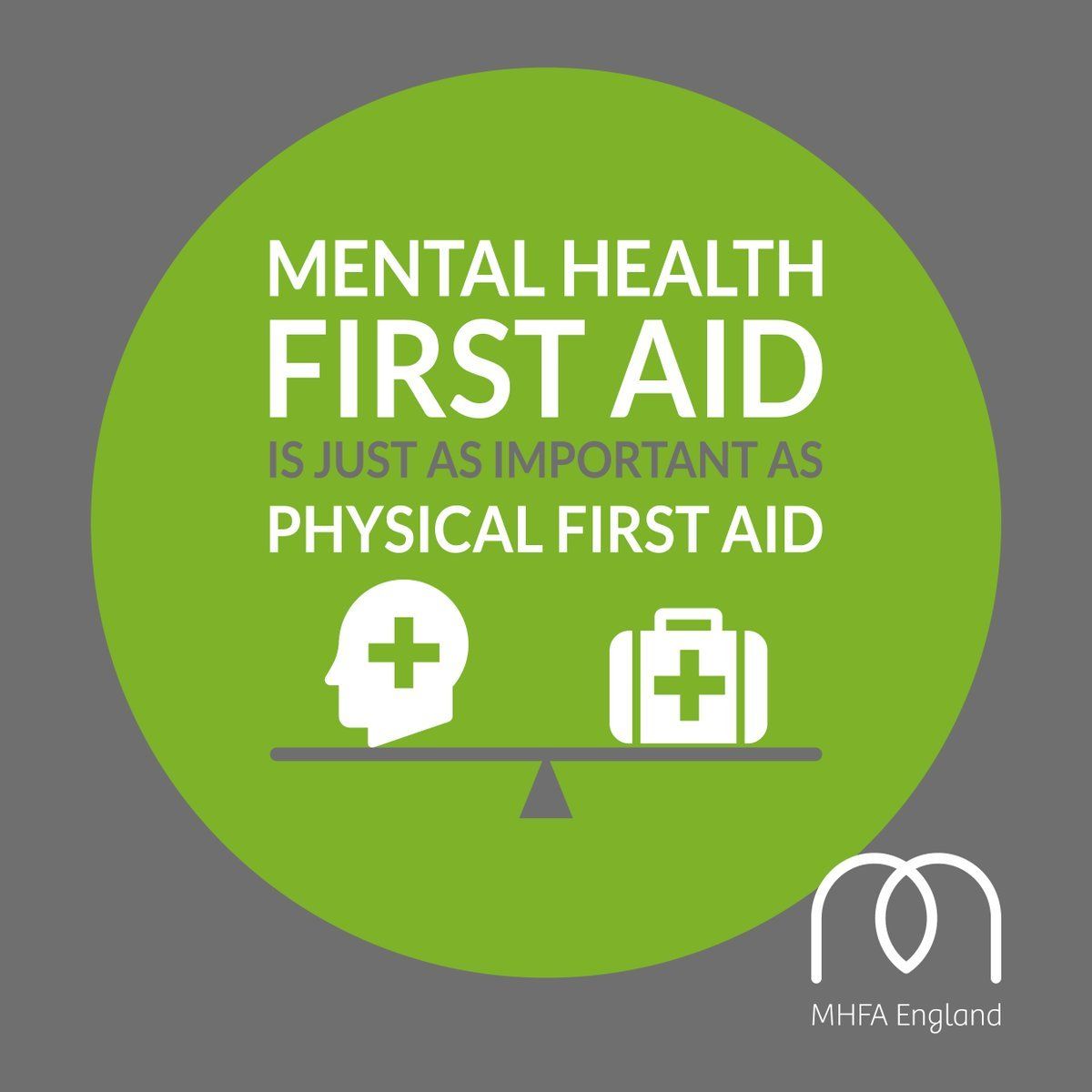Everyday stress
What is stress?
Stress is the body’s response when it senses danger. Everybody experiences it at some time and we need it to function. But when stress interferes with our lives, it becomes a problem. Too much stress, for too long, can make us ill.
If unaddressed, stress can cause mental health issues like depression or anxiety and harm our physical health.
Stress is covered in all of the Mental Health First Aid England courses we deliver.
Did you know? 1 in 6 workers will experience depression, anxiety or stress-related issues.
Sources of stress
There are several sources of stress in everyday life and it does not always stem from negative situations, even happy events can cause stress in our lives.
Some common sources of stress include:
Changes at work
- Starting a new job
- Coping with an increased workload or a promotion
- Poor relationships with colleagues or managers
- Redundancy, or the fear of it
Read more about
work related stress.
Additional Stressors during Covid-19
As we all know the Coronavirus Pandemic has changed our everyday lives. These changes have given us additional stressors that we would not normally experience. Some sources of stress from Covid-19 are:
- Isolation and loneliness
- Not being able to see family or friends
- A new way of living
- Uncertainty
- Financial concerns
- Looking after vulnerable people
- Working from home
- Being furloughed
- Juggling working and childcare
Coping with stress
We all use unhelpful coping strategies sometimes, but it is important to learn new, helpful coping strategies so we can healthily manage our stress.
Try...
Avoid...
Weekly Wellbeing check up
It is important to recognise when our stress is becoming too much and affecting our wellbeing. Try using this list each week to check in with your mental health.
View Mental Health First Aid England's stress resources here
By using this weekly check-up you will be able to recognise when your stress is beginning to impact negatively on your mental health and will help you be aware of any changes to your mental and physical wellbeing.
Stress is covered in all of the Mental Health First Aid England courses we offer.
Find out more about what our courses offer here
Let's talk
Well-Mind
Privacy / T's & C's / Website by Cotswold Web.







